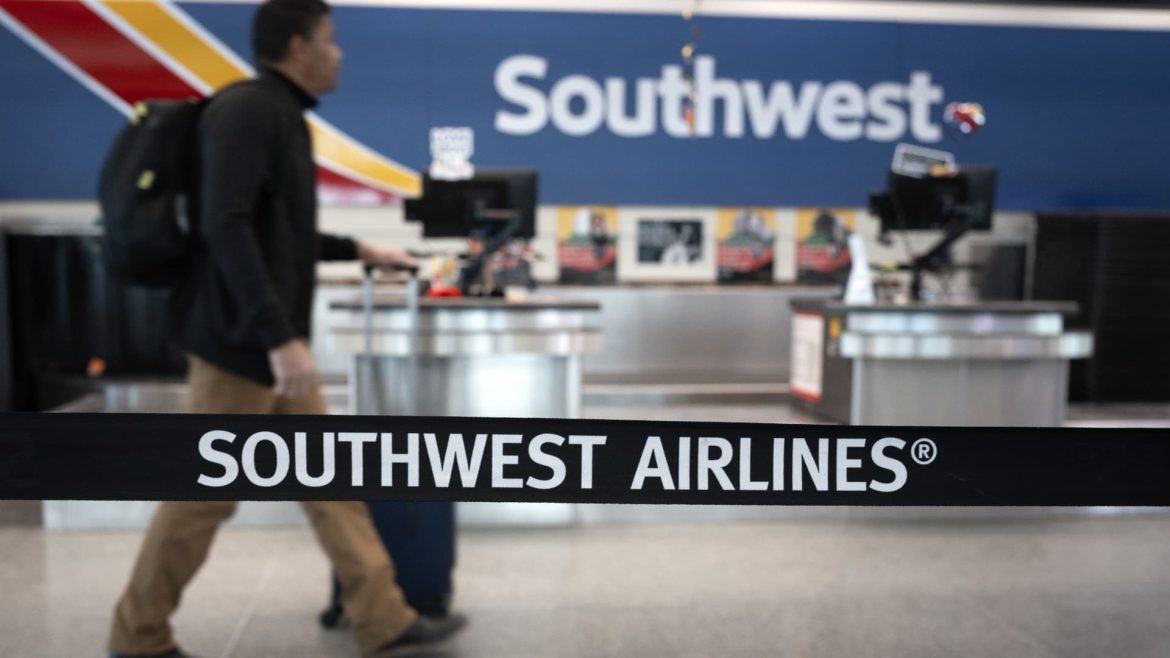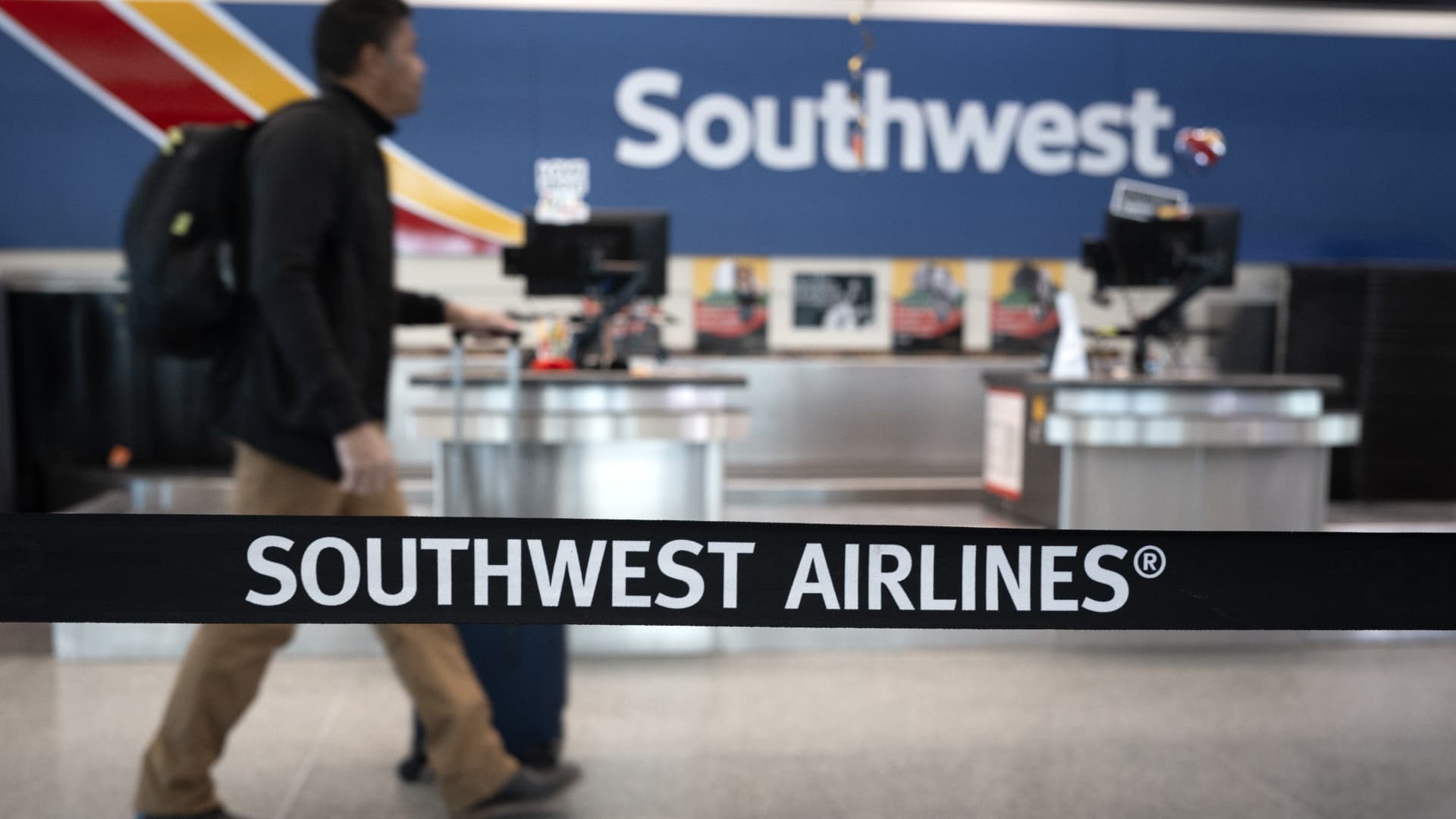Southwest Airlines: The End of “Bags Fly Free” and Its Broader Impact on Air Travel
Southwest Airlines, a long-time emblem of customer-friendly policies in the U.S. aviation industry, is formally retiring a hallmark of its service — the two free checked bags policy, effective May 28, 2025. This historic shift signals both the end of an era for Southwest and possibly a turning point for airline baggage policies nationwide. This detailed analysis delves into the specifics of this policy change, its implications for travelers, Southwest’s evolving fare structures, and potential effects on the competitive landscape.
—
The Legacy of “Bags Fly Free”
For decades, Southwest Airlines carved out a distinct identity among American carriers by offering passengers the perk of checking two bags free of charge. This policy contrasted sharply with widespread baggage fees implemented by virtually all other U.S. airlines, positioning Southwest as a popular choice for cost-conscious travelers who valued transparent, hassle-free pricing. The slogan “bags fly free” emblazoned on napkins and marketing materials became a symbolic promise of Southwest’s customer-first ethos.
Its free baggage allowance encouraged travel habits that favored checked luggage without penalty, providing cost savings, convenience, and peace of mind, especially for families or travelers with sports equipment like golf bags and skis—which also counted toward the complimentary baggage allotment if they met weight limits.
—
What’s Changing in Southwest’s Baggage Policy?
Starting May 28, 2025, this acclaimed baggage policy expires, and most passengers will be charged fees for their checked luggage. The precise details of the new fees have not been fully disclosed, but the structural change is clear:
– Fare Bundles Introduced: Southwest is introducing new fare categories that delineate who qualifies for free baggage and who pays. Basic Economy fares (previously named Wanna Get Away) no longer include free checked bags.
– Exceptions for Loyalty and Credit Card Holders: Passengers who hold Southwest Airlines co-branded credit cards will still be eligible for one free checked bag. Likewise, top-tier frequent flyer members (A-List Preferred status) and customers purchasing premium fare bundles such as Business Select will retain baggage benefits, including up to two free checked bags for the highest tiers.
– Legacy Tickets Honored: Tickets purchased before May 28 maintain the old policy of two free checked bags, even if travel occurs afterward. However, ticket changes or rebooking on or after May 28 may trigger baggage fees.
– Carry-On Policy: Importantly, carry-on allowances remain unchanged. All travelers can still bring a free carry-on bag and one personal item onboard, which clients often rely on as a cost-saving alternative.
—
Implications for Travelers
The end of Southwest’s “bags fly free” policy introduces significant shifts for the majority of flyers:
– Cost Increases: Travelers who formerly enjoyed free checked bags now face additional out-of-pocket expenses, especially impactful for occasional or leisure customers booking Basic Economy-type fares.
– Loyalty Considerations: Elite status travelers and frequent flyers with Southwest’s loyalty program retain many benefits, signaling an emphasis on rewarding higher spenders and frequent flyers, consistent with broader airline industry trends.
– Booking Strategies: Consumers will need to strategize ticket purchases more carefully. Booking before May 28 offers last chance to secure free baggage; after that date, the selection of fares and loyalty status becomes crucial to avoid baggage fees.
– Potential Shifts in Behavior: This change could lead to an increased reliance on carry-on luggage or increased baggage fees passed along, impacting travelers’ packing habits and possibly increasing the volume of carry-on bags aboard Southwest flights.
—
Southwest’s Fare Bundling and Loyalty Program Evolution
The baggage policy update is part of a broader fare restructuring by Southwest:
– Southwest has begun selling Basic Economy fares, a departure from its historically simpler fare structure that rarely imposed restrictions or fees.
– Premium fare bundles like Business Select continue to offer traditional perks such as two free bags and other benefits (priority boarding, rapid points accumulation).
– Loyalty tiers are being redefined with terms such as A-List and A-List Preferred, where only the highest-tier members retain the two free checked bags allowance.
– Additional perks for credit card holders — typically one free bag — remain an incentive for customers to engage financially with Southwest’s branded financial products.
This shift aligns Southwest more closely with its competitors, who also rely on fare bundling to tailor services and fees, balancing price competition with enhanced revenue from ancillary services.
—
Industry Context and Broader Significance
Southwest’s farewell to free checked bags is not just about one airline changing policy; it reflects the evolving economics of the airline industry and consumer expectations:
– By shedding its free checked bags policy, Southwest may be responding to rising operational costs, competitive pressure, and the need to bolster ancillary revenue.
– Given Southwest’s size and influence, other U.S. carriers and smaller regional airlines may view this as affirmation that universal free baggage is no longer sustainable.
– Southwest’s move reduces one of the last distinct differentiators among domestic carriers, potentially shifting the competitive playing field toward other factors like route network, customer service, and overall fare price.
– Travelers will watch closely how the airline balances new fees with service quality and loyalty perks, which can shape brand perception and future engagement.
—
Conclusion: The End of an Era, the Start of New Norms
Southwest Airlines’ decision to end its iconic “bags fly free” promise marks a seismic shift in the U.S. domestic airline landscape. While the free checked bag policy long represented a hallmark of consumer-friendly travel, evolving cost structures and industry practices have driven the airline to revise this policy. The introduction of fare bundles and tiered baggage allowances reflects an alignment with industry norms, presenting both challenges and opportunities for travelers to navigate a new baggage fee landscape.
For the traveler, this change demands more informed booking decisions, with an eye on fare classes, loyalty status, and credit card benefits. For the broader aviation market, Southwest’s policy shift reinforces ancillary revenue streams as a cornerstone of profitability—signaling that cost-saving freebies may become increasingly rare.
Ultimately, the farewell to “bags fly free” closes one chapter in Southwest’s history, but opens another—one where the airline must balance evolving customer expectations against competitive and financial realities, reshaping how American travelers experience the costs and conveniences of checked baggage.





